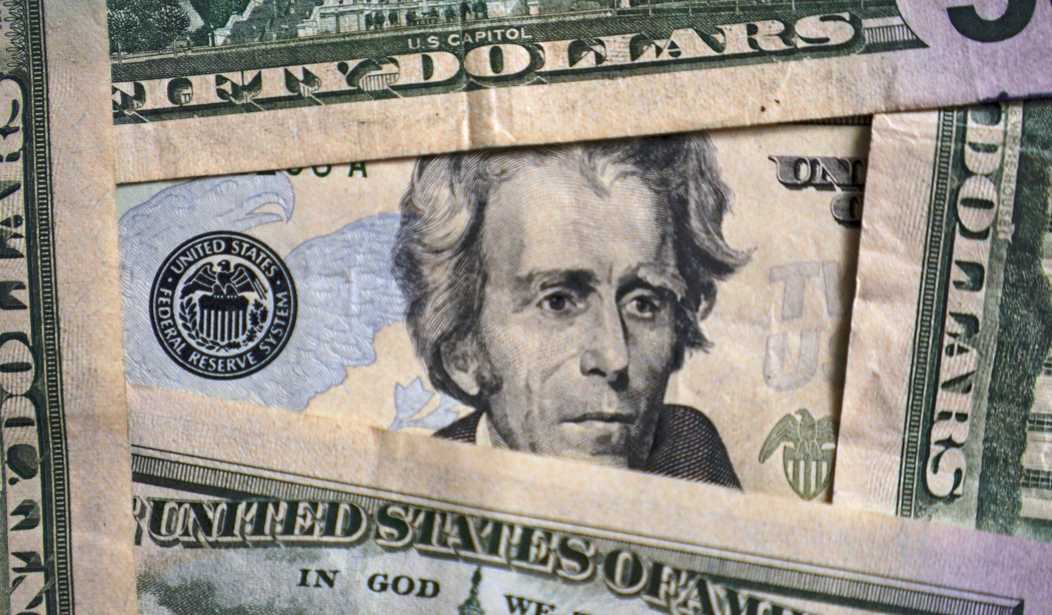How can billions of dollars be lost, and nobody can figure out who got the money or where it all went. Maybe fraud is involved somewhere?
In the last banking crisis in 2008 - which led to a crippling recession in America and around the world - a deep-dive investigation revealed that bankers knew exactly what they were doing when they made residential real estate red hot.
They issued subprime loans to those with poor credit histories; held and sold artificially overvalued properties that went underwater - thanks to appraisers; and packaged bad or toxic loans which were doomed non-performing loans to unassuming investors and banks worldwide. As a result, the whole banking sector was a giant balloon just waiting for a pin to come along.
So, why were hundreds of bankers not arrested during a banking crisis that led to our Great Recession from late 2007 to 2009? Apparently, the banks were deemed too big to fail and the bankers were too clever to get caught.
If you do not punish your dog for relieving himself on your new carpet, or punish the student that disrupts the class, or the company that breaks the law, you get more of the same bad behavior. In fact, it usually gets worse.
When we do not show respect for the law, society crumbles. That is exactly what we are witnessing, yet again. The forced bank seizure and sale of the second largest bank to fail in U.S. history - First Republic Bank, now part of JP Morgan Chase - follows the Signature Bank and Silicon Valley Bank failures.
To a degree, we have failed to learn the lessons of 2008. Apparently, no one did anything wrong. Yet millions of people suffered, and billions of dollars were lost with the fingerprints of bankers all over the transactions.
The FDIC needs more regulators and administrative folks to help protect our banking industry.
Recommended
Back in the late '80s corrupt folks in my hometown used a similar method. The results were the same as today. Multiple banks failed in Connecticut, duped investors lost their money, and a region of the country took decades to recover.
The value of a property is what people are willing to pay for it. However, that does not mean banks should finance the purchase if they see something weird occurring, despite advantageous appraisals, like one entity making several purchases to artificially inflate the price of properties in the area.
Here is their method: They buy chunks of an area's properties with each purchase going for more than previous purchases. This causes existing owners to sell to them and make more money than expected. But when the balloon pops and the values return to earth or interest rates are so high that nobody can afford to buy these properties, everything unravels. It is not hard to see. The pin for the balloon is usually increasingly high interest rates.
Today commercial real estate is the main problem. And the same principles apply: The revenues do not support the debt.
Other factors today could be rampant government spending which brought on high inflation, resulting in many interest rate hikes by the Federal Reserve to curb inflation. But this strategy inadvertently created a banking crisis. Like two trains heading in opposite directions with contrary objectives but on the same track - a pin in search of a balloon - this could quickly get ugly.
In my Forrest Gump-like life, when I was president pro tempore of my hometown Board of Aldermen, I saw banks fall like dominos and people arrested in a flash. They were manipulating the ownership of undeveloped land for the construction of townhouses largely using zone changes, friendly appraisers, and bankers.
Years later, my testimony at the trial as a sitting member of Congress led to the conviction of nearly a dozen individuals including the Republican mayor, the local chair of the Republican Party, and the president of the Board of Aldermen. Some were sentenced to more than 10 years in prison.
The Justice Department has a public integrity department and a very active FBI to address political corruption, but for bankers what do we have?
John Dillinger, Billy the Kid, Pretty Boy Floyd, Bonnie and Clyde, Butch Cassidy and the Sundance Kid all missed their calling. They knew where the money was - when asked why they rob banks - but they did not know that if they became bankers, they could steal or pay themselves a handsome salary (along with bonuses). And they could expect little to no scrutiny for doing so.
After all, if your defense is that everyone is doing it and you just played a small role, ignorant of the roles of others, you're all good.
It is always - follow the money. If executives are getting handsome bonuses while leading a bank down the toilet, I would say that is fraud.
We have too few bank regulators. They are overworked and underpaid compared to their Wall Street counterparts, but they have power to ascertain records, to "trust but verify." How about significant bonuses for those who uncover fraud or give out the highest number of citations for violations?
Lastly, when someone is found guilty of a financial crime there should be swift, visible, and severe punishment to show others that we are a country of laws. We protect the American people against the selfish and greedy.
We will never find a solution if we are not looking for the root causes of the problem. Until that happens, saying the banks are "safe and sound" may be a premature assessment.

























Join the conversation as a VIP Member